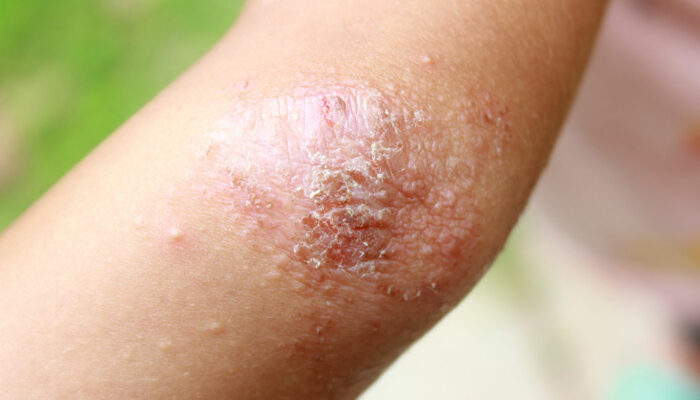
Early Warning Signs of ADHD That Parents Should Not Ignore
Treatments To Consider
Attention Deficit Hyperactivity Disorder (ADHD) can be a challenging condition for both children and their parents. Recognizing the early warning signs is crucial for timely intervention and effective management. It is important, therefore, to be aware of the various treatments available, including Methylphenidate-Based options like Ritalin, Concerta, Metadate, Daytrana (patch), Quillivant XR (liquid), Jornay PM, Aptensio XR, and Cotempla XR-ODT. Additionally, Amphetamine-Based drugs such as Adderall, Adderall XR, Vyvanse, Dexedrine, Evekeo, Mydayis, and Zenzedi are available. For those who cannot take stimulants, there are also Non-Stimulant Medications to consider. Let’s delve into the early signs of ADHD and how they manifest in children.
- Difficulty staying focused
Children with ADHD often struggle to maintain attention on tasks or play activities. This isn’t just about zoning out during boring chores; it’s a consistent pattern of losing focus, even during activities they enjoy. If a child frequently drifts off during conversations, or can’t complete simple tasks without getting sidetracked, it might be time to pay closer attention.
- Impulsivity
Impulsivity is a hallmark of ADHD. Kids might act without thinking, interrupt others, or struggle to wait their turn. This behavior can be more than just typical childhood impatience. It might manifest as blurting out answers in class, difficulty waiting in line, or acting out in social situations. This impulsivity can lead to misunderstandings and conflicts with peers.
- Hyperactivity
While all children have energy to burn, those with ADHD often seem to have an endless supply. They might fidget, squirm, or have trouble staying seated. This can be particularly noticeable in settings that require calmness, like classrooms. If a child seems to be in constant motion or talks excessively, it could be an indicator of hyperactivity associated with ADHD.
- Disorganization
A child with ADHD might have a hard time keeping track of their belongings or managing their time effectively. Their room might look like a tornado hit it, or they might frequently forget homework assignments and important dates. This level of disorganization can interfere with daily life and academic performance, making it an important sign to monitor.
- Emotional turbulence
Children with ADHD often experience intense emotions and may have difficulty regulating them. They might have frequent mood swings, become easily frustrated, or overreact to minor issues. This emotional volatility can affect their relationships and self-esteem. It’s essential to differentiate between typical childhood emotions and those that might indicate ADHD.
Recognizing these signs early can make a significant difference in a child’s life. If these behaviors are consistent and impacting daily life, it might be time to consult a healthcare professional. There are numerous treatment options available, ranging from behavioral therapy to medication. Methylphenidate-Based and Amphetamine-Based medications can be effective, but it’s important to work with a healthcare provider to determine the best approach for each child. Non-Stimulant Medications are also an option for those who cannot take stimulants, providing a broader range of treatments to consider.
In conclusion, understanding and identifying the early warning signs of ADHD is crucial for parents. Early intervention can lead to better outcomes and help children thrive. With the right support and treatment, children with ADHD can learn to manage their symptoms and lead fulfilling lives. Remember, every child is unique, and what works for one may not work for another, so it’s essential to tailor the approach to the individual needs of the child.



